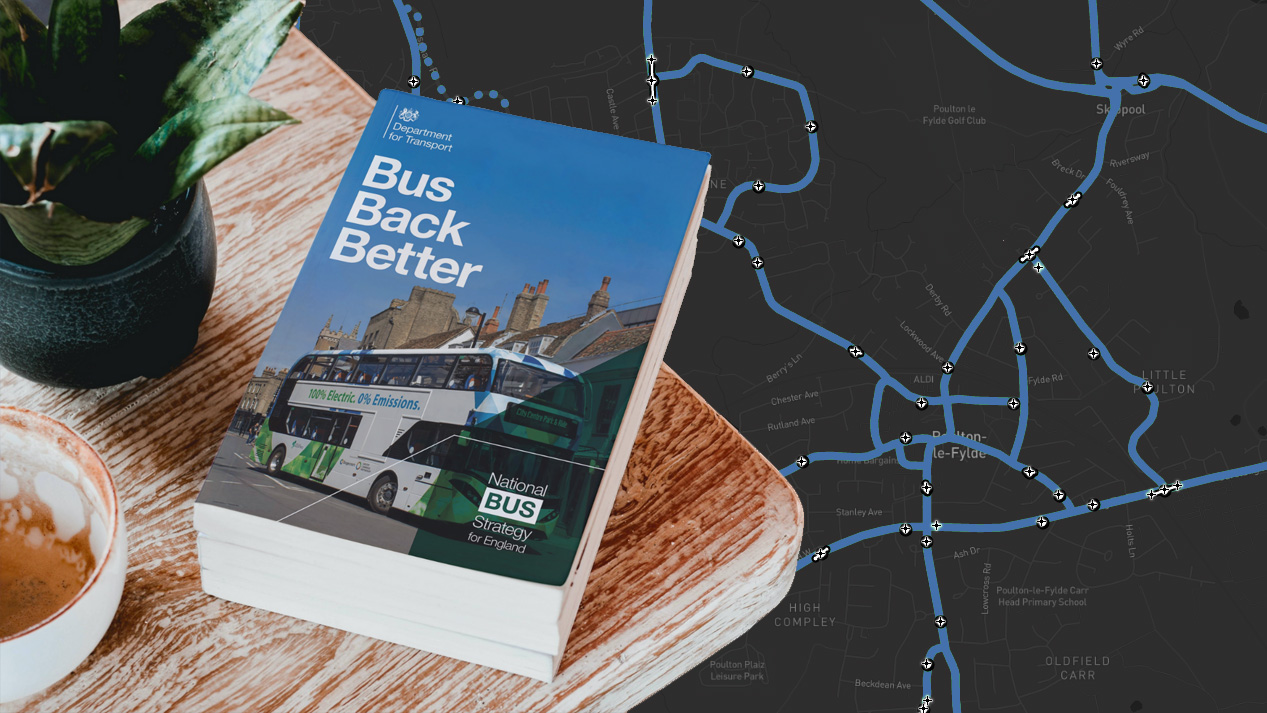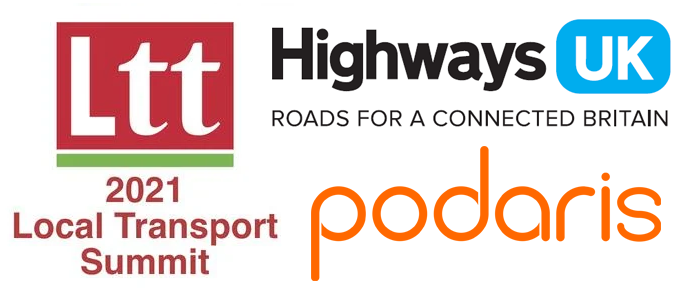
Over the past few months, we've talked a lot about the National Bus Strategy (NBS) for England, the UK's government's ambitious plan for reforming bus services. We've discussed how increasing connectivity with other modes, developing innovative fare strategies, and creating more equitable networks lie at the heart of the NBS.
Valuable as these improvements may be, not everyone is convinced that the NBS will be deliverable. Bus industry expert Julian Peddle says that he thinks it will “end in tears”, citing a number of significant challenges, including:
-
Overly short timelines. “The NBS delivery landscape is spread over three years. Such a period in transport is “very short term””.
-
Lack of buy-in from policymakers and the general public. “It takes a long time for people to believe that you are going to improve buses. You need to get political buy-in, because if you do not, it is a waste of time.”
-
Lack of coordination between local authorities.
-
Lack of alignment with complementary initiatives such as congestion charging or a workplace parking levy. Peddle notes that this may result in unintentionally forgoing potential revenue streams that could be invested in better transport.
This is not a comprehensive list of the challenges that Peddle has identified – however we’ve singled them out because these are areas where digital planning tools such as Podaris can make a significant difference. If the NBS catalyses Local Authorities and transport operators into adopting digital tools that can facilitate more integrated and agile ways of working, we believe that these challenges can be overcome.
Digital Tools for Better Connected, Rapid and Equitable Network Design
In our NBS themed series we've explored how Podaris can help planners create services that are better connected, faster, cheaper and more inclusive than before, by means of our easy to use suite of tools for multimodal planning, fare modelling and demographic analysis.
Podaris promotes rapid and collaborative high-level planning and integrates stakeholder engagement tools to help authorities communicate their plans as transparently and effectively as possible.
Applying these capabilities to the challenges identified by Julian Peddle, we find that:
-
3-year timeframes are difficult, in part, because the planning process itself is very time-consuming. Podaris can make that process orders of magnitude faster, facilitating rapid-iteration feedback between regional and local authorities, bus operators, and consultants. By shortening these feedback loops from months to days – or even hours – Podaris ensures that the planning process is not itself a bottleneck.
-
Buy-in from policymakers can be secured by using Podaris’ integrated stakeholder engagement capabilities. Rather than presenting new service plans as a fait accompli to which policymakers can either consent or reject, Podaris makes it possible to include policymakers in a co-design process, dynamically responding to their concerns. Podaris’ engagement can also be used to bring in participation from other key stakeholders – including those representing communities most in need of accessibility and levelling-up – helping to ensure that their concerns are properly reflected in the planning process, and securing more rapid buy-in in the process. Podaris can’t guarantee that this buy-in will lead to longer-term funding streams or more rapid adoption by key demographics – however securing deeper and earlier buy-in certainly can’t hurt in attaining these goals.
-
Coordination between local authorities can likewise be facilitated by doing planning in an easily-accessible web application. With Podaris, it is trivial for planners in different jurisdictions to dynamically share their plans, working together as if they are at the same table. While there must also be the political will to do so, Podaris removes any technical barriers to greater coordination.
-
Finally, coordination with complementary initiatives such as congestion charging or a workplace parking levy is something that can also be done with Podaris. The Podaris platform includes not just route and service-planning capabilities, but regional planning and demand-modelling capabilities that can be used to design and test any number of travel-demand management scenarios. Again, this still requires the political will to coordinate such initiatives – but by providing an integrated collaborative planning platform, Podaris removes the technical barriers to doing so.
The National Bus Strategy – in both the opportunities and challenges which it presents – needs to act as a catalyst for not just improving the UK’s bus services, but also for improving the tools, techniques, and processes that are used to create those services. Podaris is here to help. To find out more about how Podaris can help support Bus Service Improvement Plans, schedule a demo with us today!
Highways UK and Local Transport Summit 2021

Rajinder Sharma, our Partnerships & Business Development Manager attended the UK Highways Event held at the NEC in Birmingham held on 3rd/4th November, 2021. The event, with its focus on planning, developing, managing, maintaining and future proofing the nation’s roads returned live this year with an array of exhibitors and a conference agenda with speakers that had themes focusing on the post pandemic period and its development.
Key to this was a green recovery where public transport such as bus and cycling would play an important role in decarbonisation, electrification, digitalisation and active travel.
Later in the month, our Chief Technology Officer Devon Barrett joined Rajinder to attended the two day Local Transport Summit in Brentford. The focus of the first day was a series of presentations and panel sessions on the impact of climate change, the current state of UK local transport, innovating new needs for transport planning and solutions for new challenges. The theme for the second day was the instability of local politics and its ramifications for transport decision-making. This was followed by an assessment of equality and diversity in transport planning.
Of note was a presentation on the importance of bus, cycling and walking in meeting the Government's Zero Carbon Emissions target. It was noted that in 2018, 58% of all car journeys made were to destinations less than 5 miles away. For the DfT and local authorities, a number of challenges lie ahead, including:
- The need to update the Local Transport Guidance (last updated in 2009).
- Reversing the decline of bus patronage.
- Encouraging local authorities to update their Local Transport Plans (60% of which have not been updated since 2011!).
To achieve these objectives, the DfT is to support local authorities (LAs) by:
- Providing Capability and Capacity Funding for buses and cycling.
- Providing a decarbonisation kit for LAs.
- Creating a Bus Centre of Excellence to support Enhanced Partnerships between LAs and public transport operators.
- Providing greater funding certainty by reducing the number of competitions.
- Exploring further the potential for regional centres of expertise to enable LA capability and boost capacity in key areas.
Other notable talks included:
- A discussion around case studies on the development of scenarios for planned new settlements in West Sussex, employment-led car journeys in Somerset and re-invention of The Masterplan to achieve a highly sustainable future in Suffolk.
- A presentation on 20 minute neighbourhoods in Scotland.
- A presentation that emphasised that most transport demand originates outside the transport sector and cited the example of TfGM working with the health sector.
If you'd like to find out more about how Podaris can benefit your organisation, please schedule a demo now!